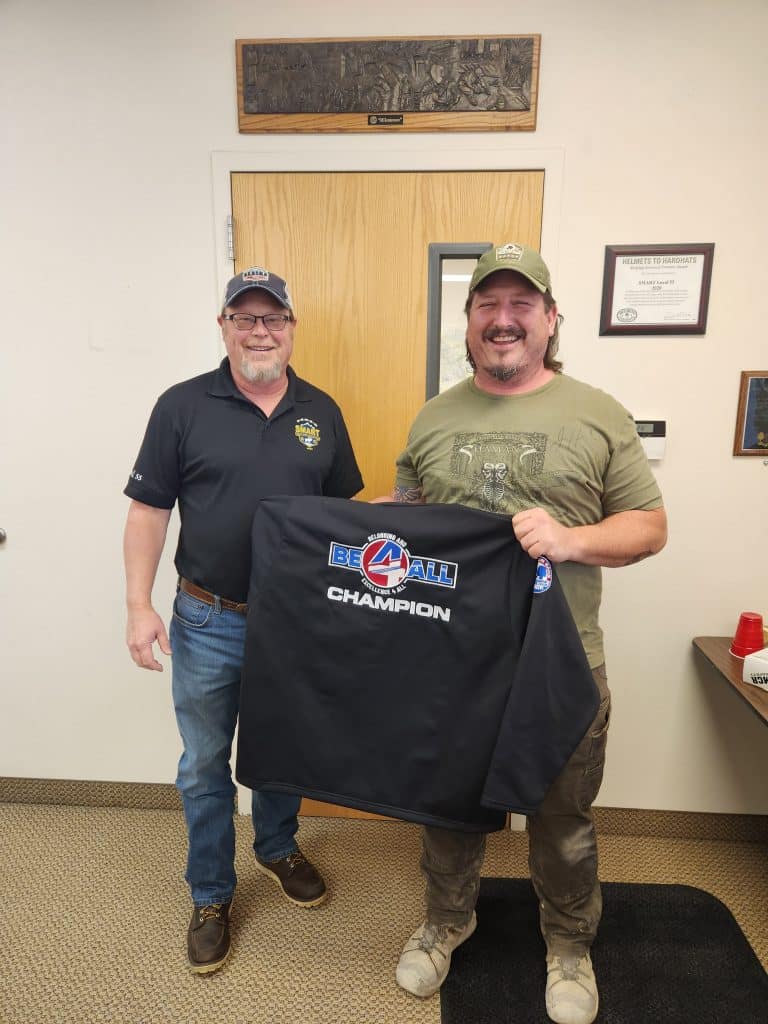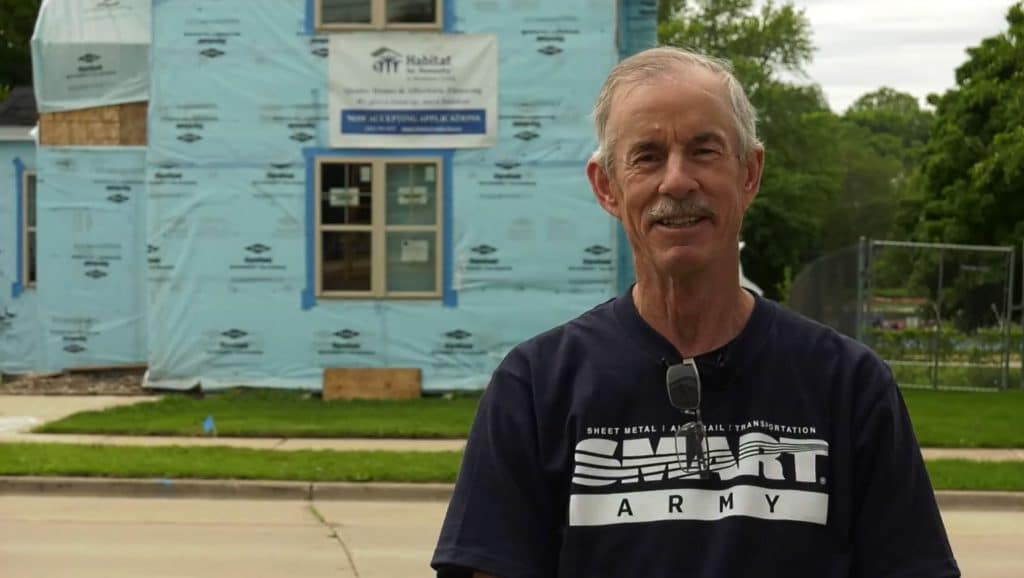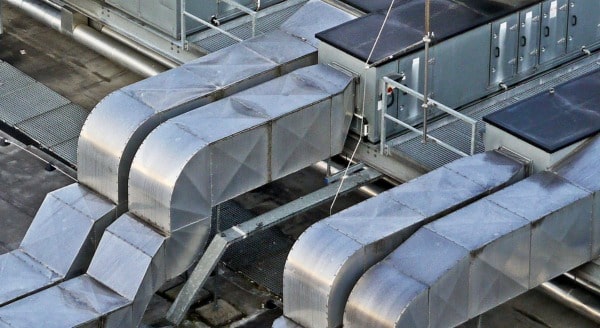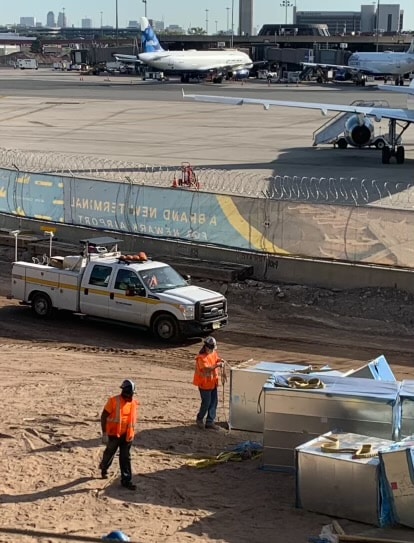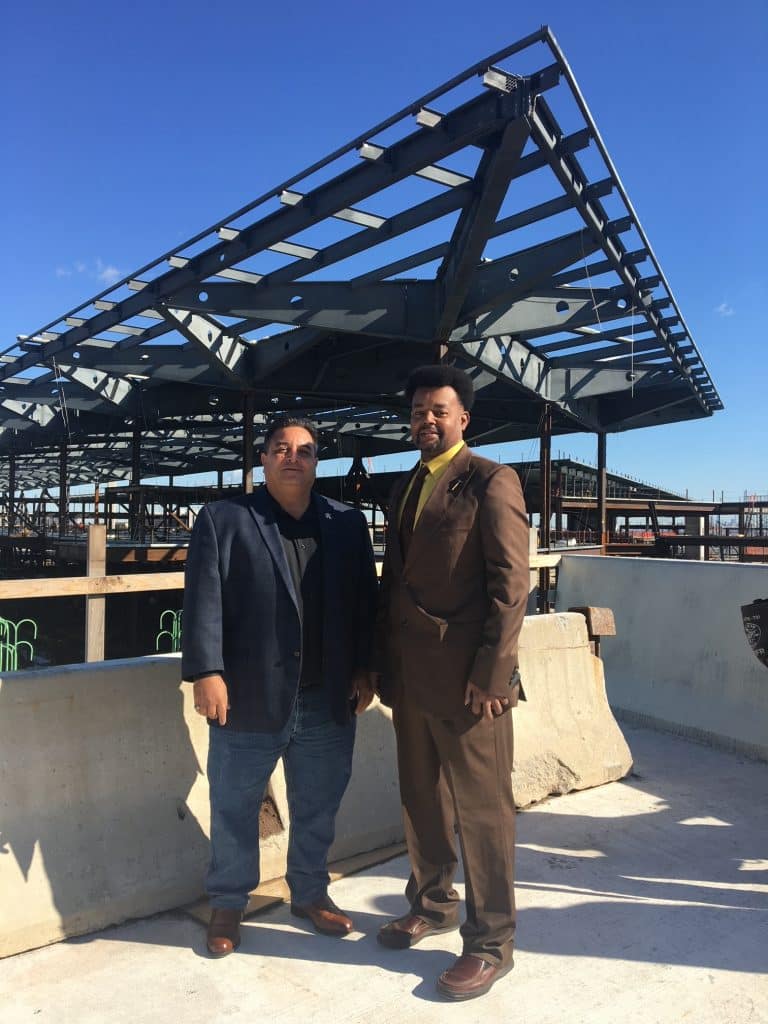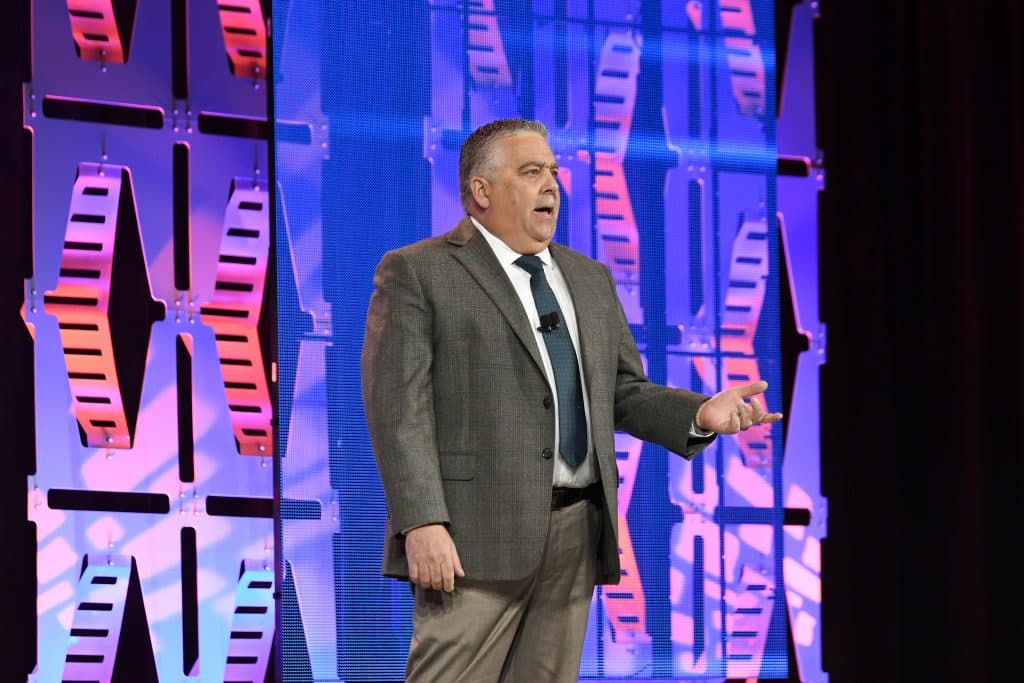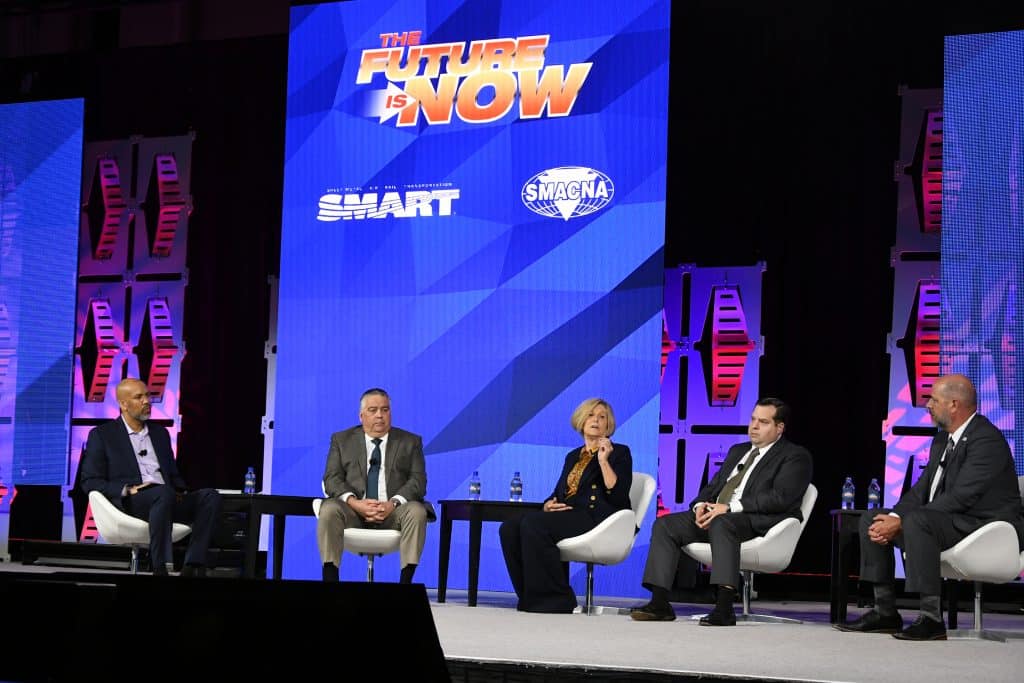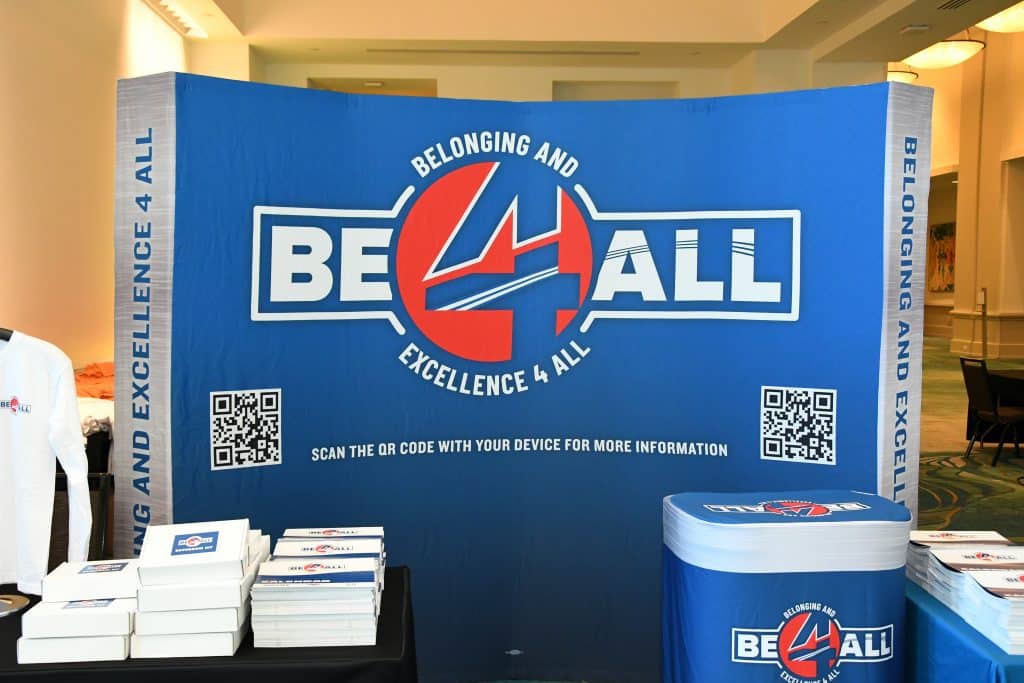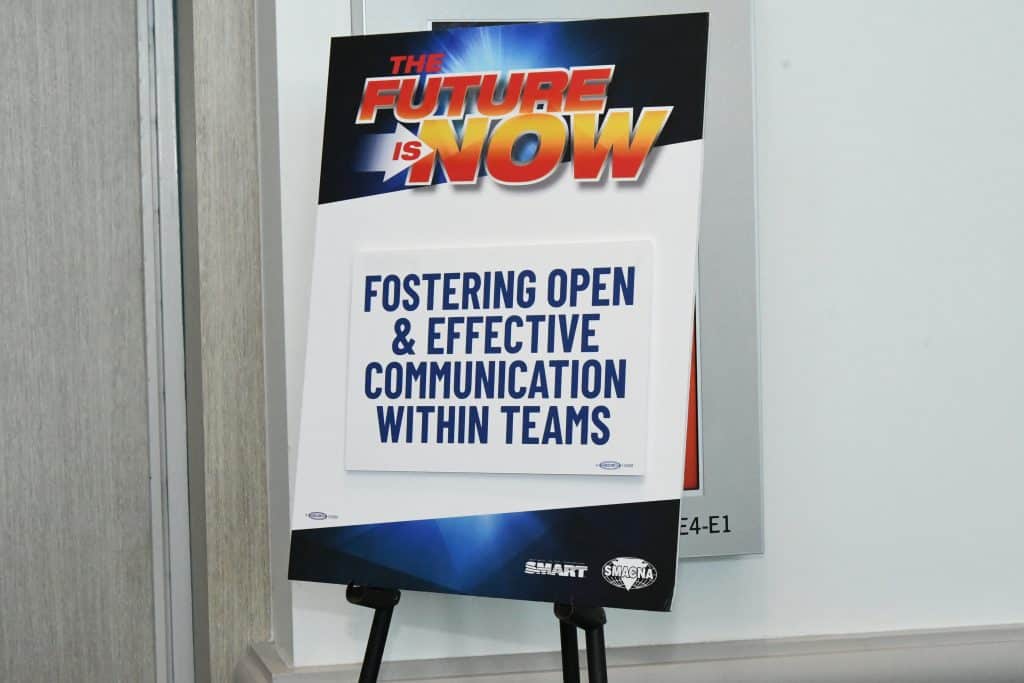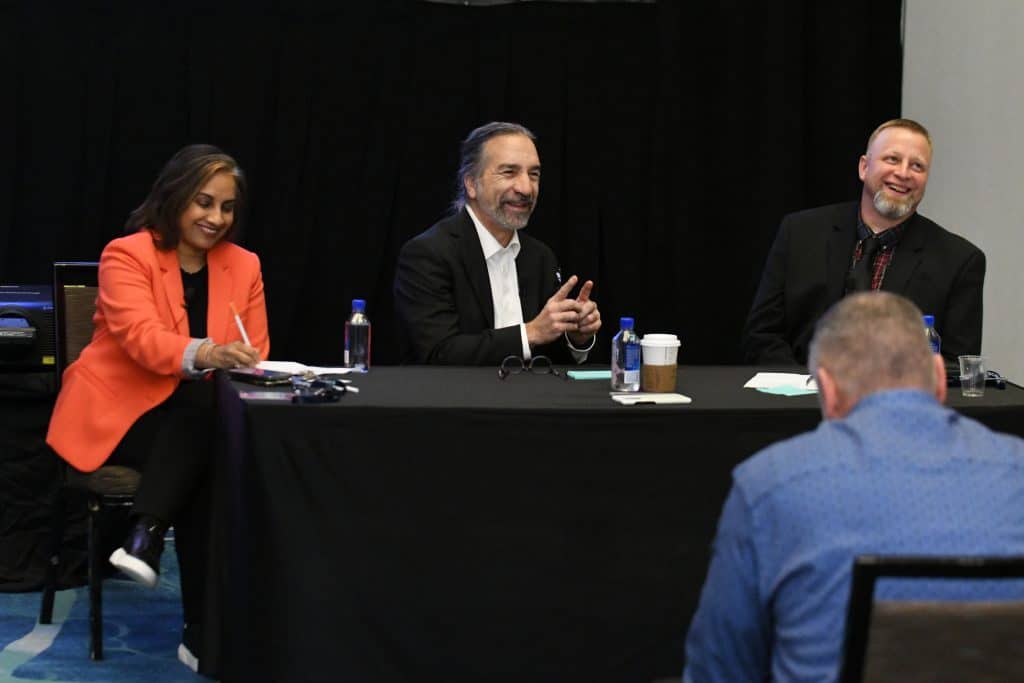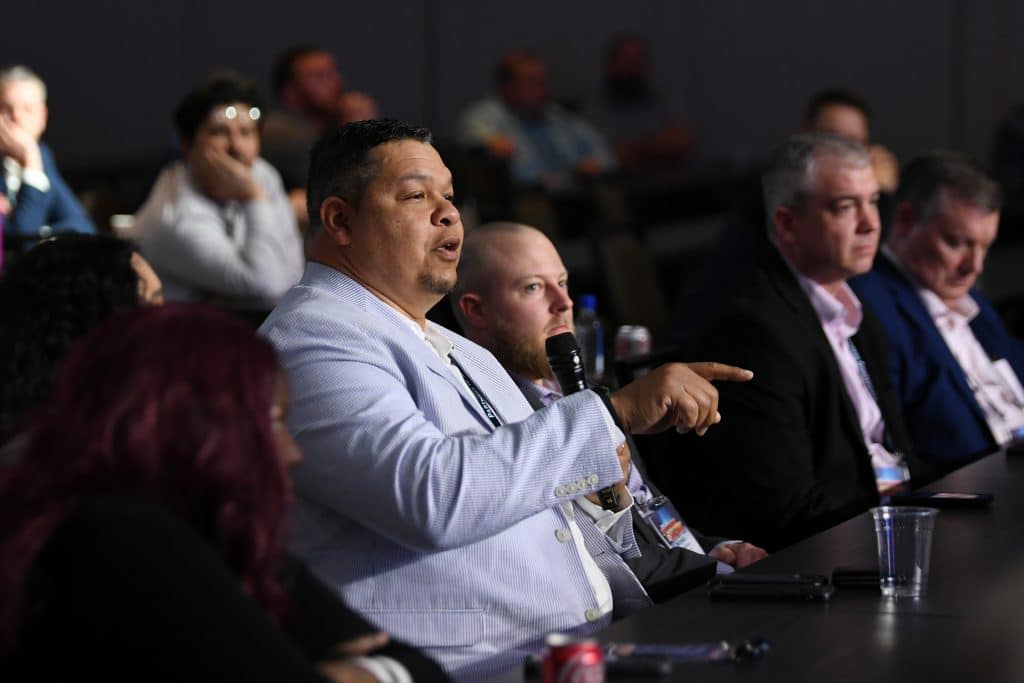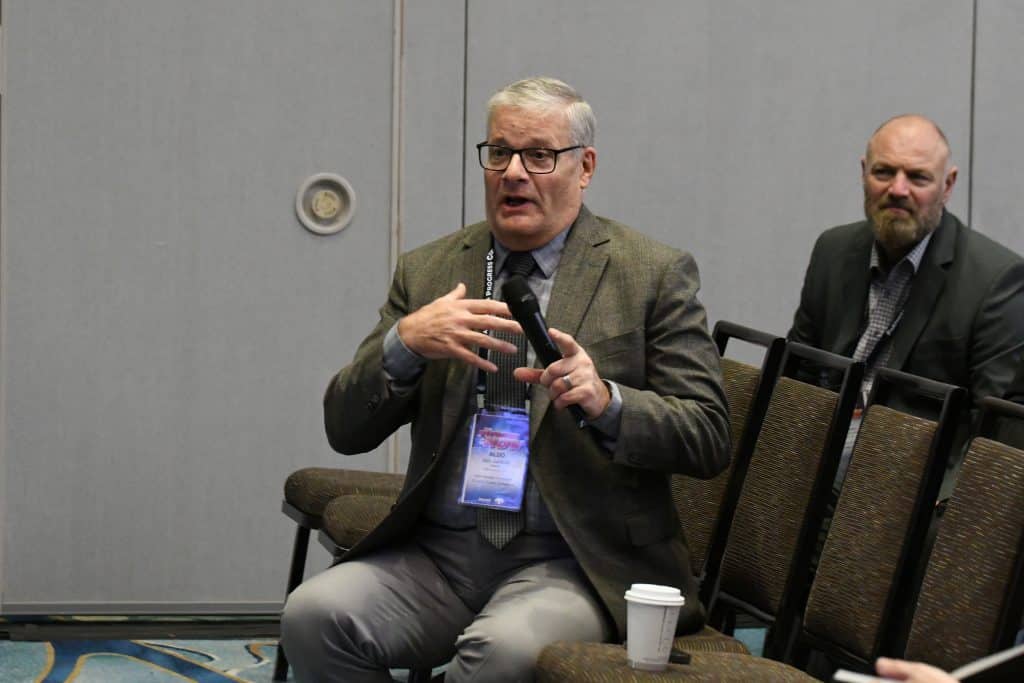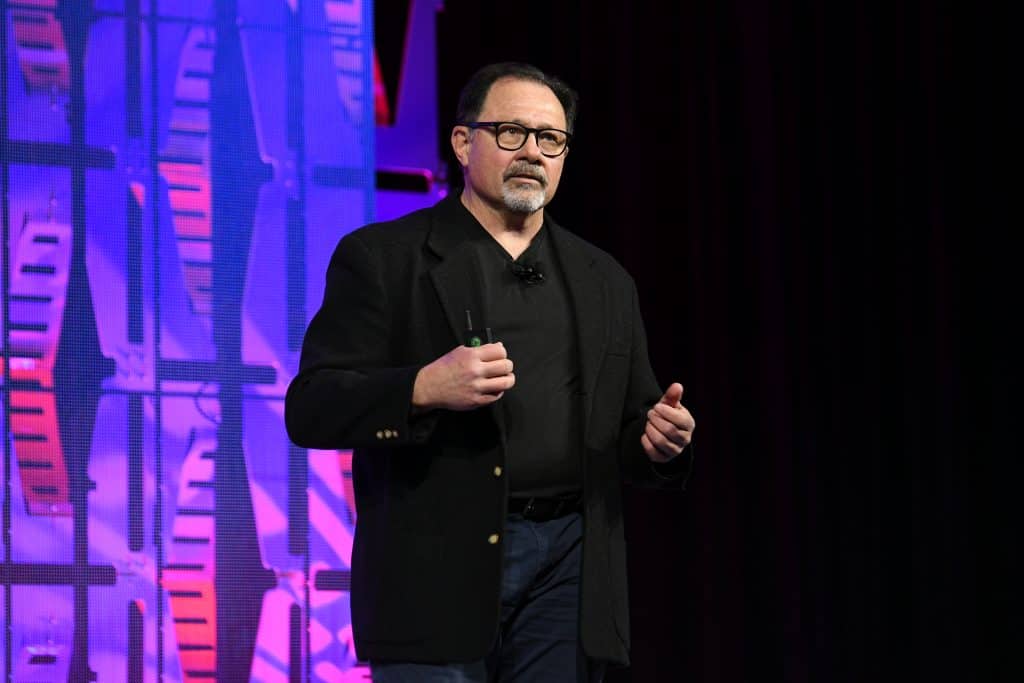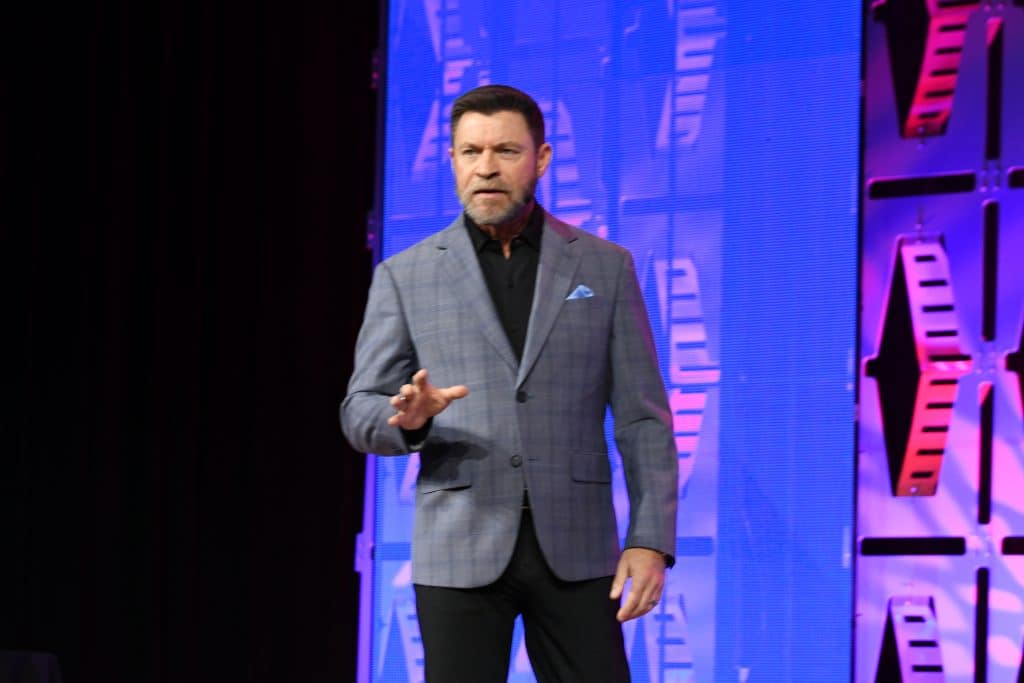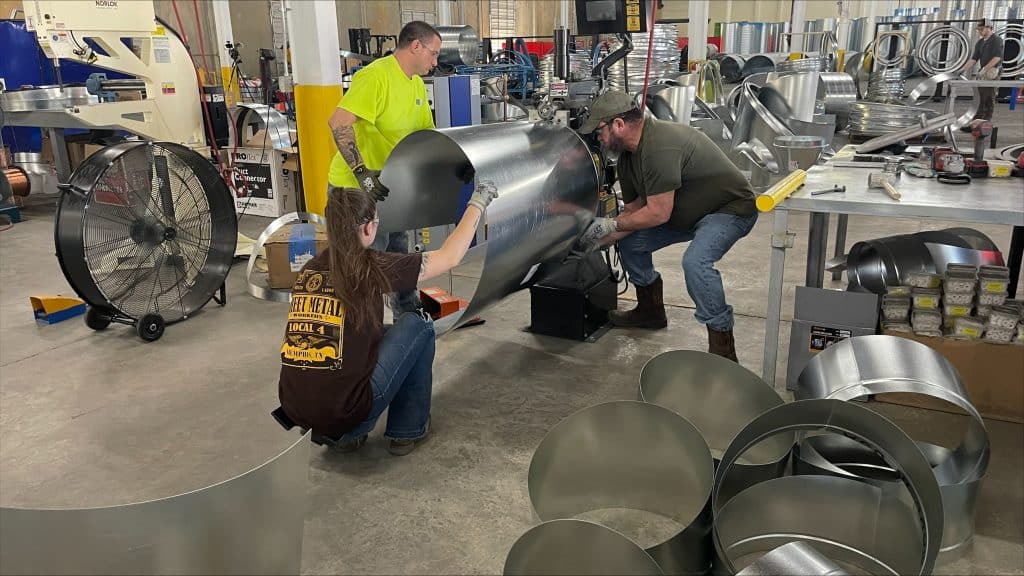The Spring 2025 Belonging and Excellence for All (BE4ALL) Challenge asked SMART members to answer the question: Why are you proud to be a SMART member? Dozens of members answered the call, with three selected in a raffle as the quarter’s winners. Read their submissions below.
Local 280 (Vancouver, British Columbia) Business Rep. Troy Clutchey went long in his answer:
“I am proud to be a union member, as I believe in the union movement all around. I am a third-generation sheet metal worker. I have benefitted from Local 280, as well as unions in general, since well before I was born.

“My grandfather came to British Columbia and joined Local 280 as a journeyman sheet metal worker in 1950. He told me that the journey rate was about $2.50/hour when he started here. This obviously would have had an influence on my mom’s upbringing, as she wasn’t born until 1953. My mom also understood and believed in the benefits of union.
“She met my dad many years later, and in 1974, at the suggestion of my grandfather, he too joined Local 280, obtaining his Red Seal in 1979. This led to my family having a good, full, enjoyable lifestyle. Born in 1983, the benefits and pride that came from union membership have been with me my whole life. My father’s membership in 280, and my mother’s union membership as an employee of the government provided so many great aspects to our life.
“In 2003 I started my pre-apprenticeship at SMART Local 280, and I have never looked back. I went through my apprenticeship, and I obtained my Red Seal certification in May 2008. The benefits that I have received are amazing. From the very beginning, everything from the “automatic savings” to go through apprenticeship, to the registered program for training that entitled us to unemployment insurance benefits while in school, to the more affordable tuition costs, to having our own training centre with amazing instructors who are Red Seal certified tradesworkers.
“Move ahead a few more years, and I started a family of my own. With my wife being able to get benefits, and then us having two children together, the union has never stopped helping with our lives. Everything from psychology assessments, medical benefits, dental coverage, to glasses coverage and even wage indemnity coverages during times of need.
“The benefits are great, and so is knowing that everyone is together and looking out for one another. Safety conversations are much easier with everyone on the same page and a backing the size of a local union. We believe that we are setting the standards for industry all over the place.
“Knowing that even things like counselling and mental health services — not to mention addiction services and everything along those lines — are covered and organized through the union is amazing.
“For the last seven years, I have had the honor of serving as an elected business representative at Local 280. This work can be stressful and draining at times; however, the benefits and belief that I am helping as many people as I can join and benefit from the union makes it all worth it. Knowing that I might be able to get even one more person to join the union, grow and strengthen it, while obtaining some of the amazing benefits union membership affords the working class, is so fulfilling.
“I hope that the union, and all proper unions, can thrive for generations to come, as I truly believe that they bring out the best in everyone.”
Scott Raia, a member of SMART-TD Local 1626, said in his answer:
“My membership in this union has been the single most important step I have taken in my family’s financial life. It came right after my daughter was born. Finally, we were able to purchase a home, access quality medical care and think about the future. Every worker in this country should have those privileges. The men and women in this union have fought hard for generations to afford us the protections and security we enjoy as members. I owe this organization everything.”

Adrian Murcia, a member of SMART Local 565 (Wisconsin), discussed not just his union pride, but the support and happiness his membership gives him as well:
“I am very happy to belong to SMART. Ever since I was hired and joined the union, I have felt proud to belong to it. It was incredible to receive the bonus in the negotiation of the contract after just six months of joining Sub-Zero. With SMART, I feel supported in the resolution of any conflict that may arise, and SMART gives me the peace of mind that I have job stability. Additionally, and thanks to the strong negotiation of our salary, I have been able to make investments for my future.
“Thank you, SMART.”
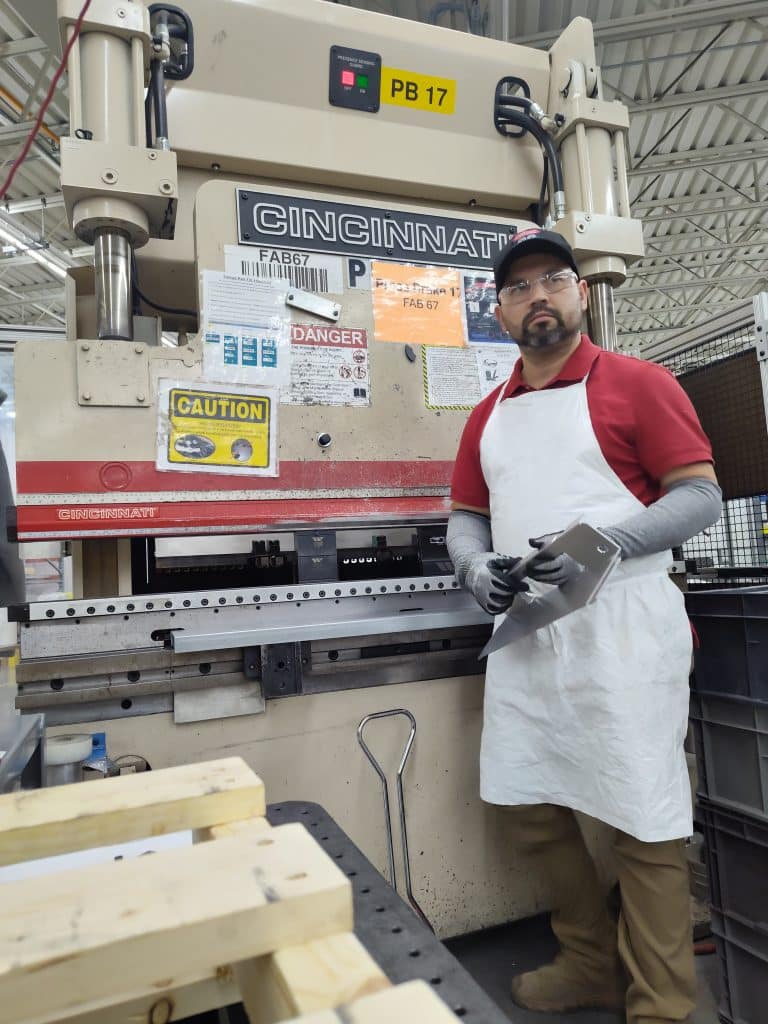
Congratulations, all!
